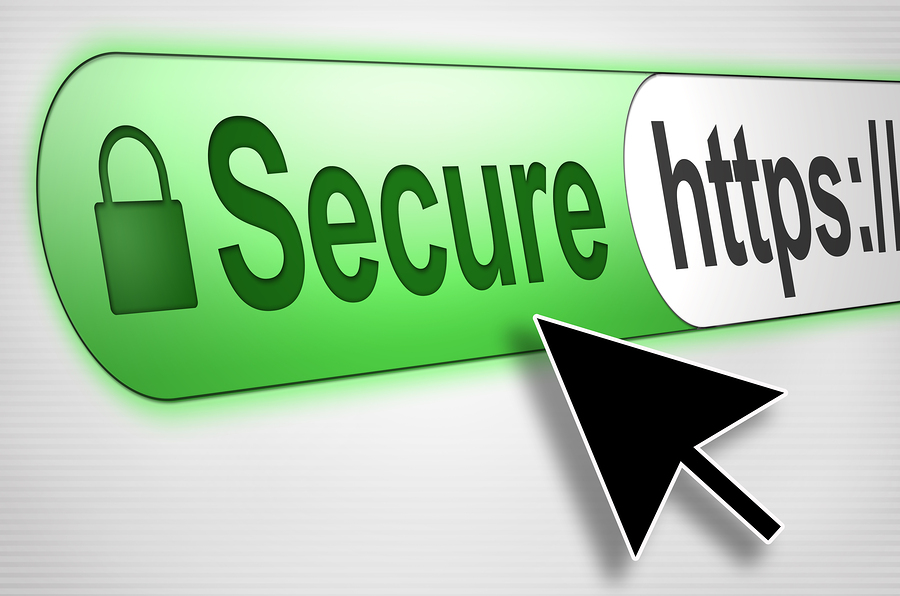How to keep safe online
It will come as no surprise to Silversurfer readers that statistics from Ofcom show that the number of people aged 65 and over accessing the internet has risen by more than a quarter in the past year.
This has been driven by a three-fold increase in the use of tablet computers which are easier and more intuitive to use compared to traditional PCs. However, with this increase in use comes the issue of how to keep ourselves safe online.
It’s impossible to underestimate the impact of unsafe online behaviour; the cost to us, our families, friends and the wider community is enormous. Government research shows that a whopping 40 per cent of us have experienced a cyber-crime in the past year alone and last year there were nearly 60,000 cyber-related fraud reports, with an average loss of over £3,000 per incident.
To tackle this problem, a new cross-Government cyber security campaign, ‘Cyber Streetwise’, has been launched as a part of the government’s National Cyber Security Programme to show us how to up our cyber security and stay one step ahead of online fraudsters. There are five easy actions people can take in order to protect themselves and others from cyber-crime:
- Using strong, memorable passwords
- Installing anti-virus software on new devices
- Checking privacy settings on social media
- Shopping safely online – always ensuring to check online retail sites are secure
- Downloading software and application patches when prompted
The most popular password is still ‘password’ making it easy for criminals to hack your accounts. The longest passwords of at least 10 characters are better. You could start with a line from the lyrics of a favourite song or a poem and then customise it in a way that’s relevant to you or your sense of humour.
It’s also easy to shop safely online when you know what to look out for. ‘Shop on reputable websites,’ says Doctor Sue Black, Founder and CEO of Savvify. ‘Only shop on sites that have a secure encryption, make sure the web address for the payment page starts with ‘https://’ instead of ‘http://’ – the ‘S’ stands for ‘secure’ – and don’t share any of your personal details on a page that’s not secure.’ Prioritising software updates is another simple action we can all take in the fight against cyber-crime
The website www.cyberstreetwise.com is a source of up to date information, resources and advice. As well as easy-to-digest information and downloadable content, there are interactive resources such as videos and quizzes to help us get to grips with our online security.
Visit www.cyberstreetwise.com
Cyber Streetwise can be found on Facebook, Twitter and YouTube:
www.facebook.com/cyberstreetwise
@cyberstreetwise
www.youtube.com/user/becyberstreetwise/videos
Join the conversation on #BeCyberStreetwise
Latest posts by Sally - Silversurfer's Editor (see all)
- The best of Debbie Reynolds - March 31, 2025
- Peter’s Gardening Tips for the month of April - March 31, 2025
- Stronger bones after 50: How to ensure you’re getting enough calcium - March 28, 2025
- Do you refer to it as Mothering Sunday or Mother’s Day? - March 27, 2025
- Embark on a SixStar Cruise - March 26, 2025
























